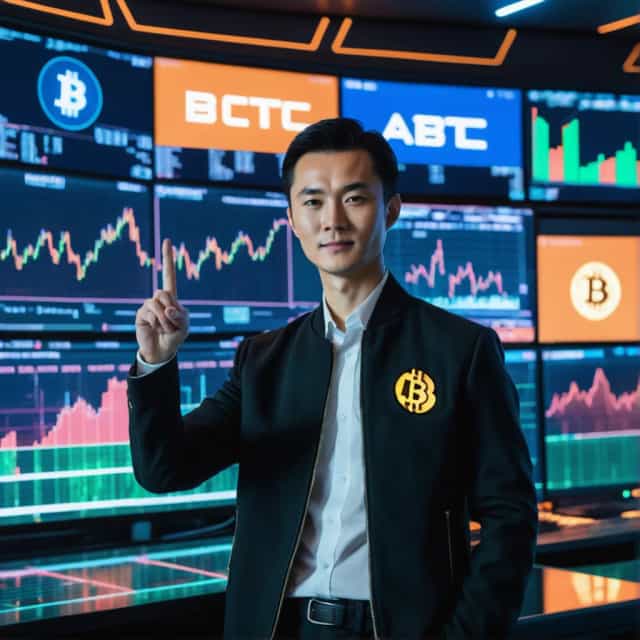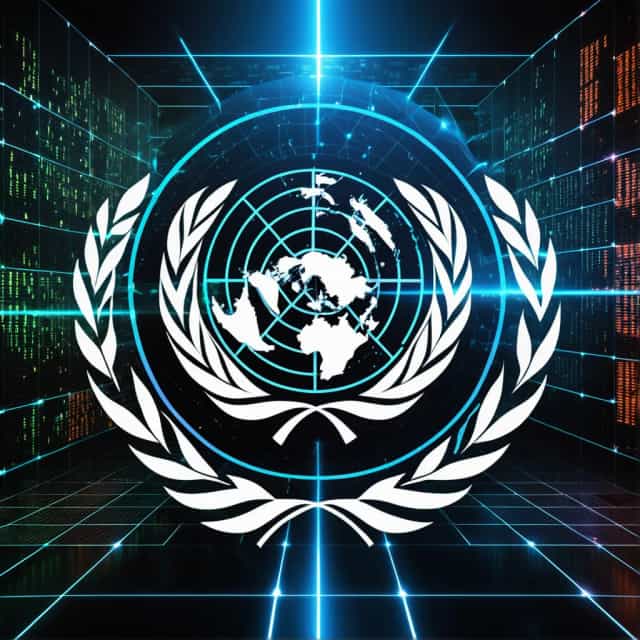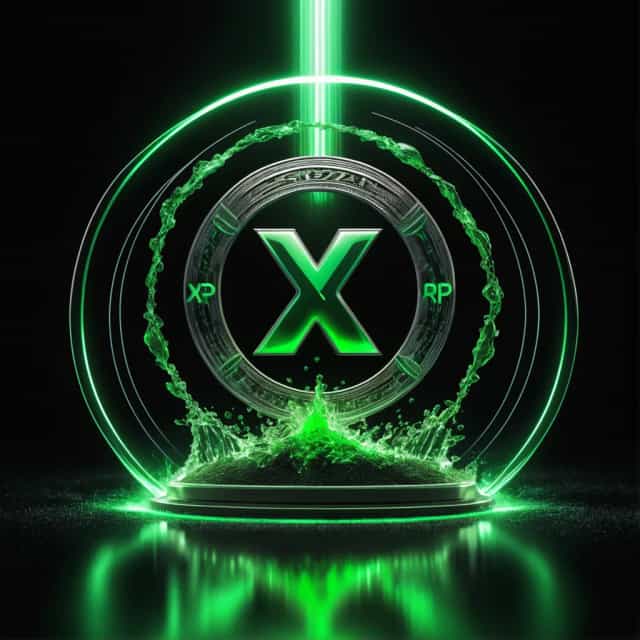
출처: Block Media
0G CEO Michael Heinrich Outlines the Future of Decentralized AI and Blockchain Integration
Michael Heinrich, co-founder and CEO of 0G, unveiled the ambitious vision driving his groundbreaking Layer 1 project that integrates artificial intelligence (AI) and blockchain technology. Speaking in an exclusive interview with Blockmedia, Heinrich detailed how 0G’s modular architecture, technical innovations, token utility, and strategic market presence are positioning the platform as a leader in decentralized AI ecosystems.
0G's Mission: Making AI Secure, Transparent, and Community-Owned
Introducing himself as the co-founder of 0G, Heinrich articulated the company's mission to establish "the world’s fastest, largest AI-specialized Layer 1 platform." He emphasized making AI safe, transparent, verifiable, and community-owned. With over 300 projects developing within its ecosystem and backed by $350 million in funding, 0G is spearheading advancements that merge blockchain with AI.
A standout milestone includes the decentralized training of a 107-billion-parameter AI model, achieving a performance benchmark that outpaces prior standards threefold. Heinrich explained that his tenure at organizations like Microsoft and SAP Labs—combined with his entrepreneurial ventures originating from Stanford—laid the foundation for launching 0G in 2023 with a highly skilled engineering team.
Modular Architecture: A Scalable Foundation
Positioning itself as the "world’s first modular AI blockchain," 0G employs a unique architecture to overcome AI's vast resource demands. This modularity fosters scalability and flexibility while enabling Web2-level applications on Web3 infrastructure.
"Our blockchain divides responsibilities across three specialized networks," Heinrich explained:
- A Layer 1 network for decentralized apps and smart contracts.
- A storage network to manage training data and AI memory.
- A compute network for tasks like inference, fine-tuning, and pre-training.
These networks function independently or in unison, resulting in nearly limitless scaling potential and smoother user experiences for developers and businesses.
Pioneering Model Training Efficiency
One of 0G's technological breakthroughs involves significant advancements in large-scale AI model training. Inspired by Google’s Delco research, 0G achieved a 357x improvement in communication parallelization, resolving bottlenecks among decentralized nodes. This leap in efficiency enables unprecedented scalability for training complex models like those in natural language processing or generative AI.
"This progress isn't just theoretical; the findings are detailed and rigorously validated in published research," Heinrich noted, solidifying the project's credibility in the scientific community.
Surpassing Traditional Blockchain Limitations with Multi-Consensus
To handle the immense data loads intrinsic to AI systems—measured in gigabytes to terabytes per second—0G developed its proprietary Multi-Consensus model. This model addresses performance limitations inherent in traditional blockchains like Ethereum, which process just 80KB/second in comparison.
"Our approach splits data into separate storage and publishing lanes, leveraging the network's full aggregate capacity," Heinrich explained. By enabling 50GB/second throughput via horizontal scalability, 0G ensures robust performance even under heavy usage. New consensus layers can be added as needed, ensuring the system remains capable of supporting ever-growing data demands.
The Concept of Intelligent NFTs: User-Controlled AI Ownership
At the core of 0G’s innovation lies the introduction of Intelligent NFTs (ERC-7877), which redefine how AI agents are owned and operated in decentralized ecosystems.
"Ownership of AI agents should remain with the user," Heinrich emphasized. Intelligent NFTs embed private keys directly within tokens, ensuring that all earnings and data associated with an AI agent are exclusively tied to the NFT holder. This innovation, which addresses ownership ambiguity in centralized systems, will launch publicly via the AI Verse platform as part of the mainnet rollout.
Reinventing Storage Reliability with Proof of Random Access
To ensure the reliability of its decentralized storage system, 0G employs Proof of Random Access (PoRA) for verification. Nodes are periodically pinged to confirm compliance, with penalties for non-responding nodes. Data redundancy across multiple servers further enhances reliability.
"Leveraging expertise from Microsoft's Tango and Perfume papers, we optimized our system for cold and hot AI data storage," Heinrich detailed. "Upload/download speeds reach gigabytes per second, tailored specifically for heavy AI workloads."
The 0G Token: Driving Functionality Across the Ecosystem
The 0G token represents a critical utility for the platform, supporting security, governance, and operational functions:
- Security: Tokens are staked, restaked, and used in liquid staking, fortifying the ecosystem's stability.
- Governance: Token holders have voting rights and veto power, shaping the network’s future direction.
- Economic Operations: Tokens power applications, paying for storage, computation, and gas fees.
This multi-faceted utility generates increasing demand for tokens as more decentralized applications launch within the 0G ecosystem.
Testnet Performance: Setting Industry Benchmarks
0G’s testnet—a fully EVM-compatible environment—has achieved notable milestones. Designed with shard-based architecture, each shard supports up to 11,000 transactions per second (TPS), with block times as short as 400 milliseconds.
"In contrast, Ethereum's average block generation time is around 13 minutes," Heinrich noted. The testnet has processed millions of transactions from a user base of 24 million wallets globally, with significant participation from South Korea, where 20-30% of nodes in recent sales were purchased.
South Korea: A Strategic Growth Market
Recognizing South Korea's importance in the blockchain and AI sectors, 0G has built a comprehensive strategy consisting of three pillars:
- A long-term partnership with Korea Blockchain Week (KBW) and local media outlets.
- Collaborations with universities and developer communities through hackathons and educational initiatives.
- Retail-focused marketing campaigns and influencer partnerships to drive adoption.
Heinrich also highlighted relationships with firms like Samsung Next and the presence of a dedicated on-site team, emphasizing the company’s commitment to serving the Korean market.
Inviting the Korean Community to Collaborate
"As leaders in decentralized AI, we welcome the collaboration of South Korea’s community in this transformational journey," Heinrich stated. "Together, we can make AI a public good, fostering innovation and growth on a global scale."
With its cutting-edge modular architecture, innovative tokenomics, and targeted strategies, 0G is gearing up to redefine the blockchain and AI ecosystems—positioning South Korea as a critical partner in unlocking the full potential of decentralized technology.










